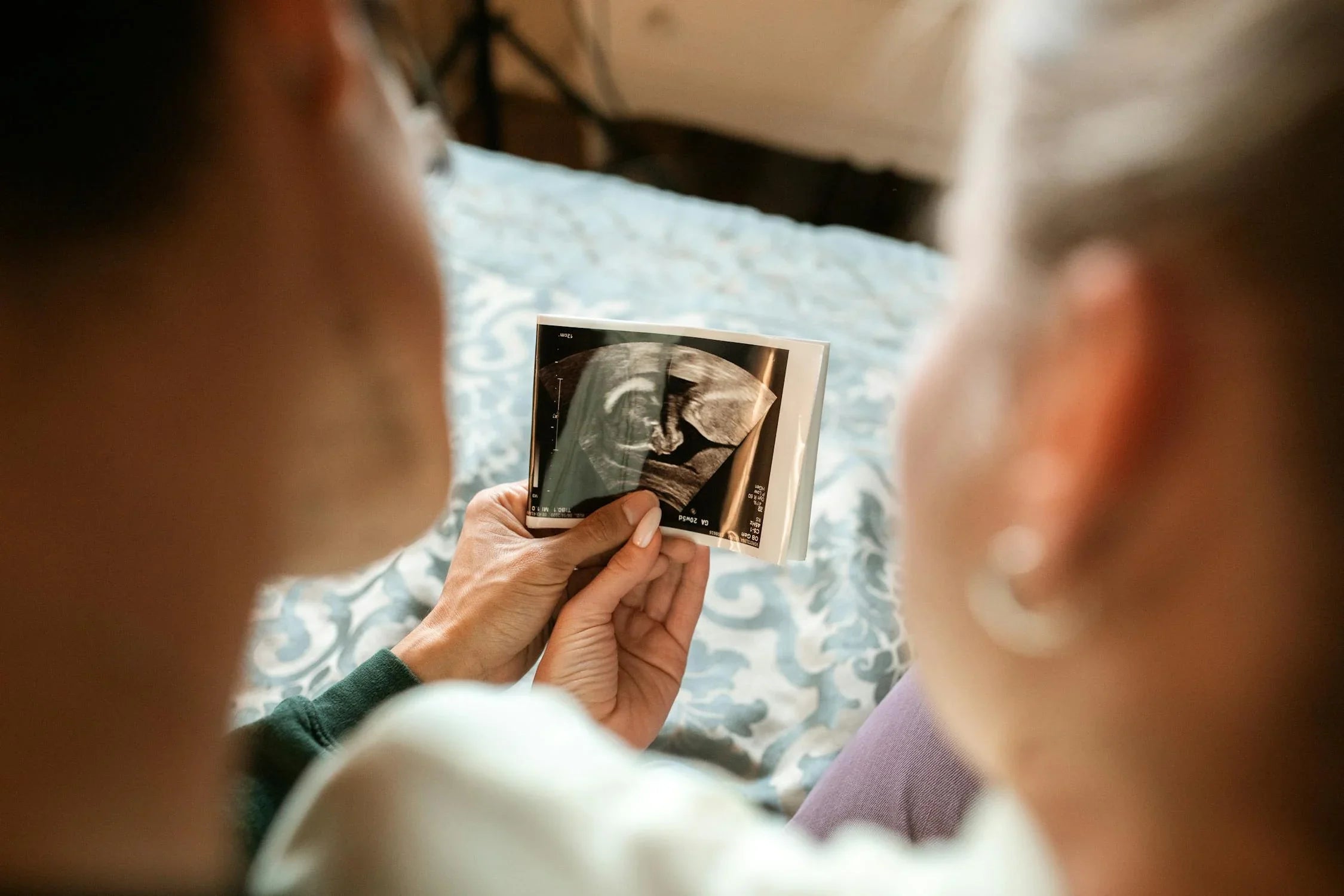Home
Pregnancy, Breastfeeding, and Pumping: The Ultimate Guide for Moms
How Early Will You Get a Positive Pregnancy Test

How Early Will You Get a Positive Pregnancy Test
Are you eagerly waiting to find out if you're pregnant? The anticipation can be overwhelming, and knowing how early you can get a positive pregnancy test can make all the difference. This article dives deep into the science behind pregnancy tests, the factors that influence their accuracy, and practical tips to ensure you get the most reliable results.
Understanding Pregnancy Tests
Pregnancy tests work by detecting the presence of human chorionic gonadotropin (hCG), a hormone produced by the placenta shortly after a fertilized egg attaches to the uterine lining. The levels of hCG increase rapidly in the early stages of pregnancy, doubling approximately every 48 to 72 hours.
Types of Pregnancy Tests
There are two main types of pregnancy tests: urine tests and blood tests. Urine tests are the most common and can be done at home, while blood tests are typically performed in a healthcare setting and can detect pregnancy earlier than urine tests.
How Early Can You Test?
The timing of when you can get a positive pregnancy test depends on several factors, including the sensitivity of the test and the levels of hCG in your body. Most home pregnancy tests claim to detect pregnancy as early as the first day of a missed period. However, some highly sensitive tests can detect hCG levels as low as 10 mIU/mL, potentially giving you a positive result as early as 7 to 10 days after conception.
Factors Influencing Test Accuracy
Several factors can influence the accuracy of a pregnancy test, including the timing of the test, the concentration of hCG in your urine, and how well you follow the test instructions. Testing too early, using diluted urine, or not following the instructions carefully can lead to false negatives or positives.
Tips for Reliable Results
To increase the likelihood of getting an accurate result, consider the following tips:
- Wait until after your missed period to test.
- Use your first-morning urine, as it is more concentrated.
- Follow the test instructions carefully.
- If you get a negative result but still suspect you're pregnant, wait a few days and test again.
When to See a Doctor
If you receive a positive pregnancy test result, it's essential to schedule an appointment with your healthcare provider to confirm the pregnancy and begin prenatal care. If you have concerns about the accuracy of your test results or experience unusual symptoms, consult your doctor for further evaluation.
Discovering you're pregnant can be one of the most exciting moments of your life. By understanding how early you can get a positive pregnancy test and following the tips outlined in this article, you can ensure you get the most accurate and reliable results. Don't let the wait drive you crazy—knowledge is power, and you're now equipped with the information you need to navigate this exciting journey.
Share
